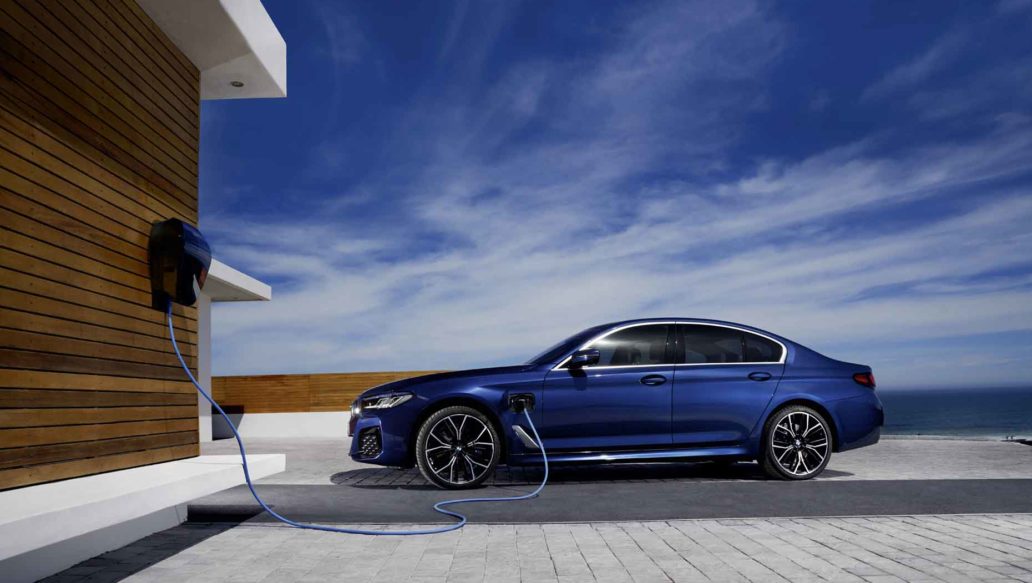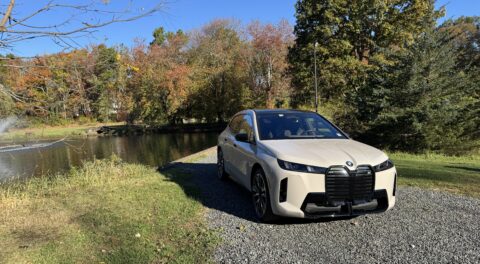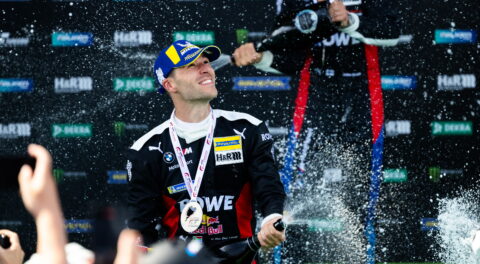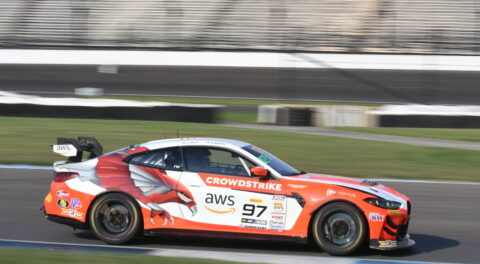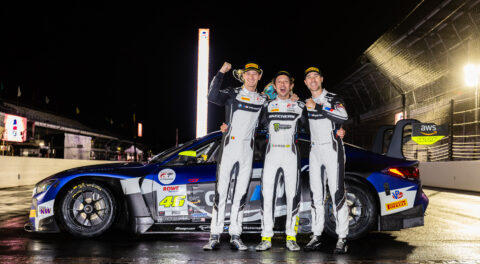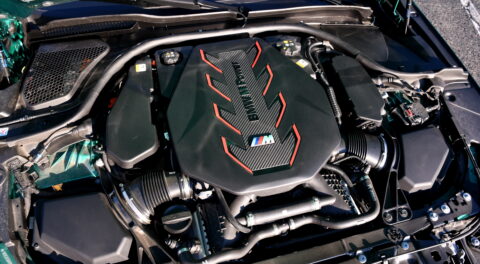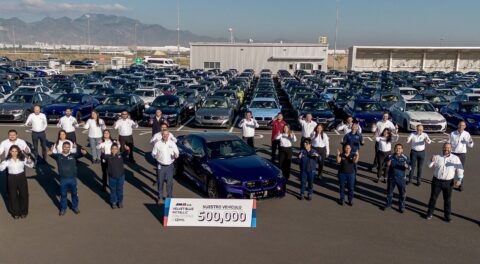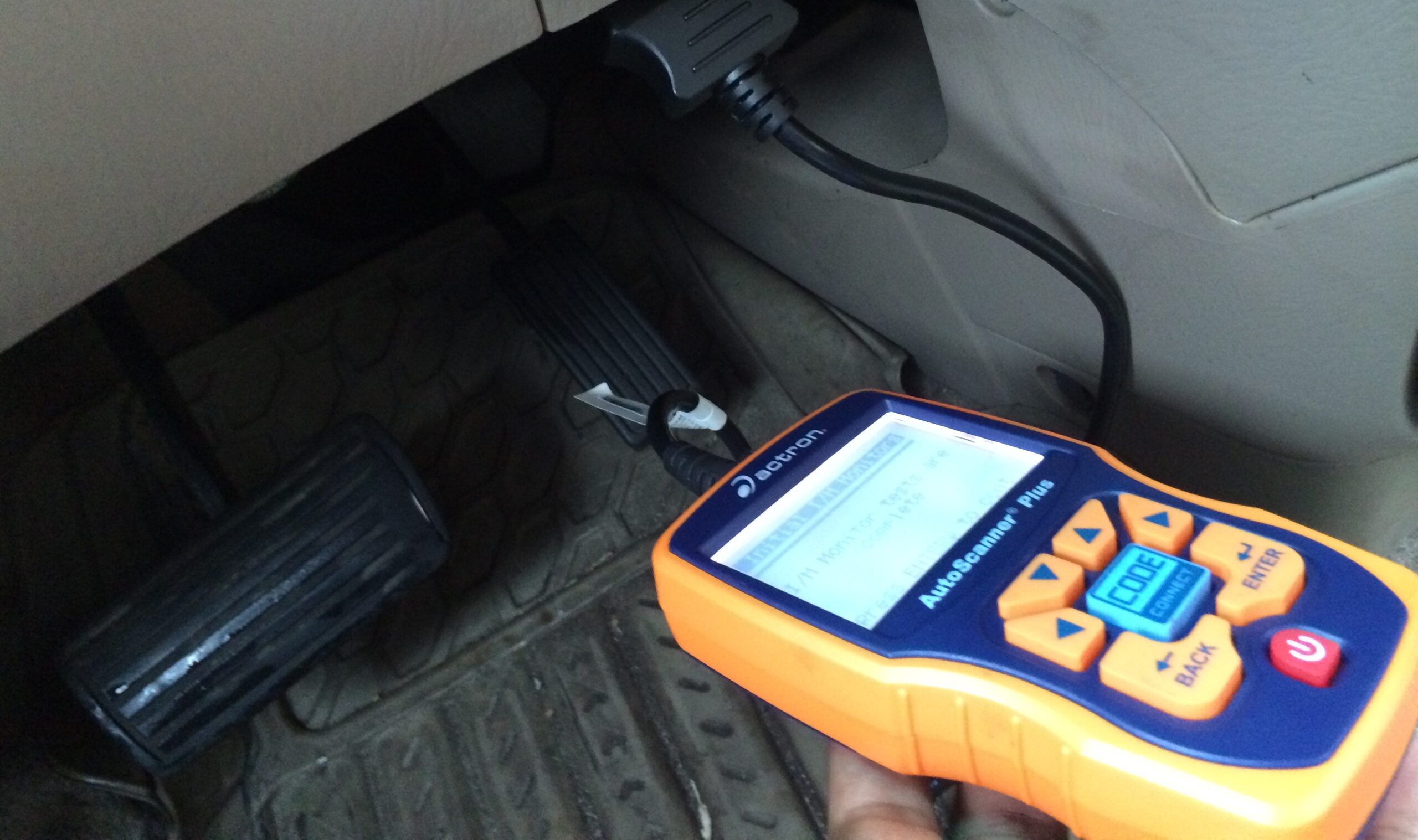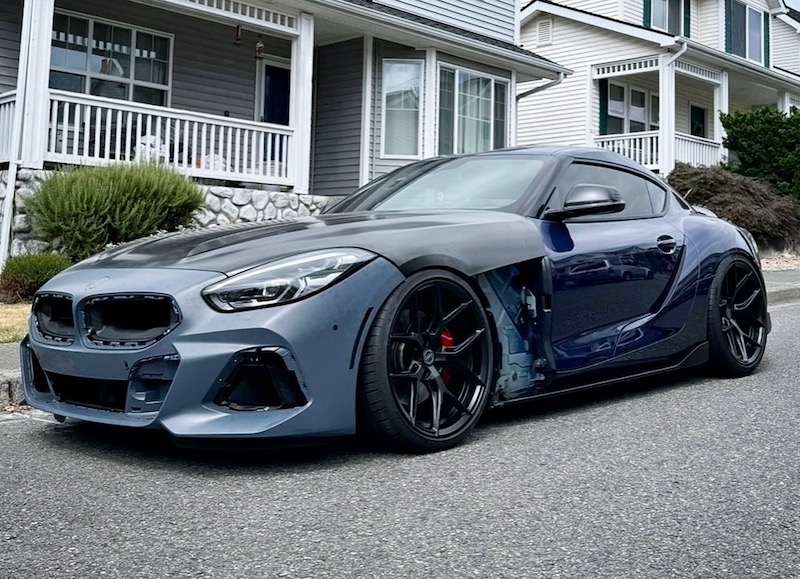BMW is working with Pacific Gas and Electric to launch the third phase of the automaker’s ChargeFoward pilot program. The program is aimed at working with drivers of electric vehicles in Northern and Central California to achieve what is called smart charging. Through the use of smart charging, EVs can act as a flexible resource to promote the reliability of the grid they are plugged into. In other words, smart charging ensures EVs only ramp up to their full electrical draw during off-peak hours when demand is low, and renewable sources have greater availability.
The third phase of the ChargeForward program will be based on the experiences of about 3,000 EV drivers. The signup period is now open and BMW is currently accepting applications at BMWChargeForward.com. The program begins in April, and is scheduled to run for 24 months, or until March of 2023. Incentives for participating drivers are available in the amount of a $150 sign-up bonus and an additional $250 yearly payment which drivers qualify for by following ChargeForward recommendations.
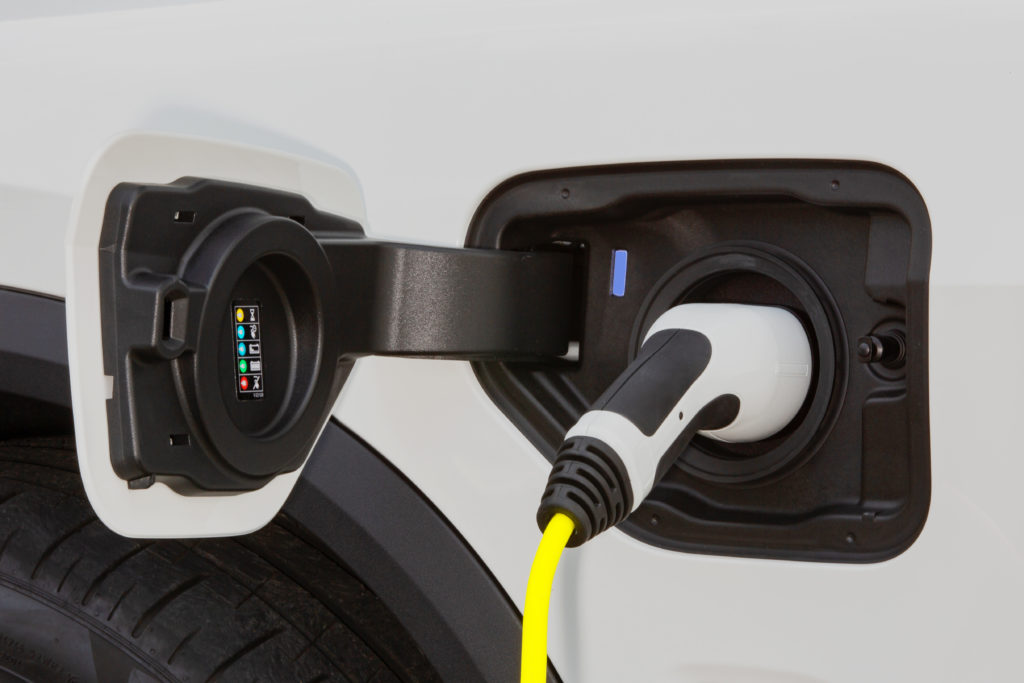
First launched in 2015 with an initial group of 100 EV drivers, ChargeForward was expanded two 400 participants in its second phase. Highlights from Phase 2 include the following according to BMW:
- Over 1,00,000 miles were powered by 100% renewable energy charging during a one-year period.
- Smart charging EVs can reduce greenhouse gas emissions by an additional 32% on average in Northern California, according to research from the University of California Berkeley.
- Smart charging, when combined with broad access to workplace charging infrastructure, enables plug-in electric vehicles to more than double their renewable energy usage.
- A “smart-charging” plugin hybrid can integrate more renewable energy than a normal-charging all-battery electric vehicle, despite the smaller battery size.
The ChargeForward program strikes directly at the heart of one of the largest problems with electric vehicles: the energy used to charge them. Switching from an internal combustion-powered vehicle may feel virtuous, but unless it’s being charged using renewable sources, there’s a strong argument that the pollution and emissions associated with a gasoline or Diesel engine have simply been transferred elsewhere in the chain. There’s also the issue of balancing demand with grids that are already strained during the summer months or during times of inclement weather, and what potential mass EV adoption means for the future of electrical infrastructure.
ChargeForward is among other innovative EV programs and projects currently in operation at BMW, which include wireless EV charging, bidirectional charging, and the BMW Power Pool to name a few.—Alex Tock
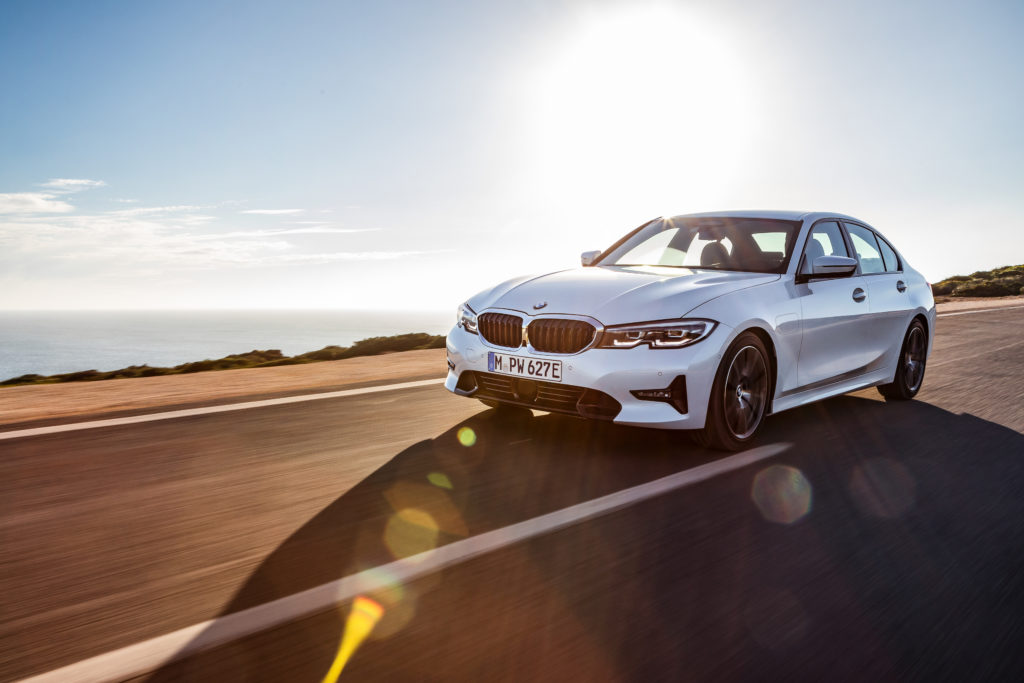
[Photos courtesy BMW AG.]

